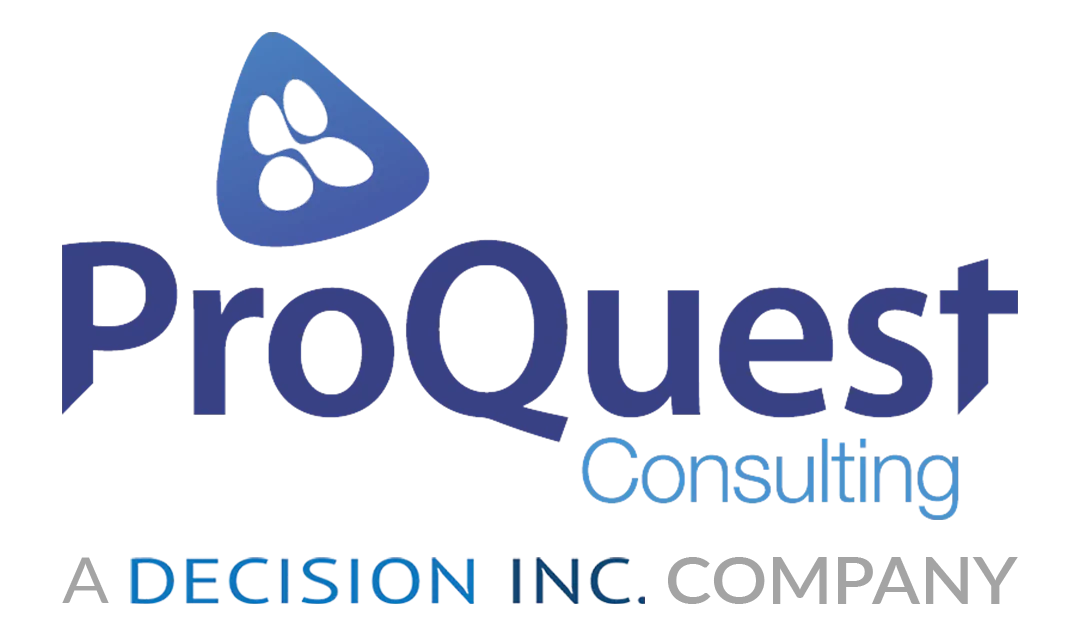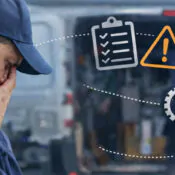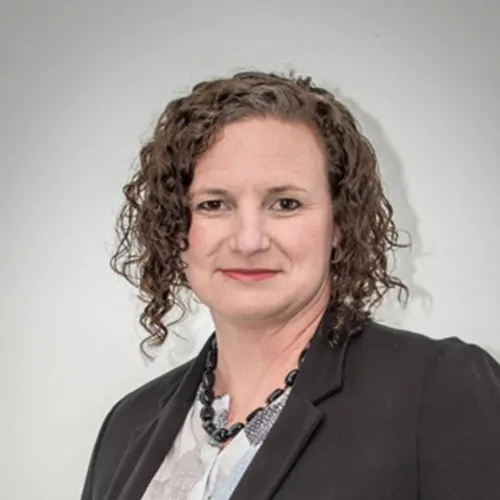No one is safe from layoffs. The only way to leverage is to upskill in today's market.
Salesforce has now surpassed the $10 billion dollar revenue mark and is predicting to double that to $20 billion in the next 4 years. It doesn’t plan to stop there though, forecasting to reach $60 billion in the next 16 years.
The growth is meteoric, and has a big impact on the whole economy that has grown up around this company to support this growth. It is estimated there will be 3.3 million new jobs in the next 4 years across the Salesforce ecosystem, created by this growth. And these jobs pay well.
That’s huge. In Australia, tech positions are often the hardest to fill, and there is no sign that demand will decrease. Moreover, traditional industries are changing, jobs are being replaced by technology and people are often looking to change career paths later in life. 67% of Aussies aspire to work in a different industry to the one they are in. Upskilling is necessary to stay relevant in today's market.
Salesforce is an awesome platform that can be configured using clicks not code, meaning you can break into this growth industry without learning complex programming languages. As Salesforce says, “All you need is your mouse and a sense of adventure. Enhance your objects, data, and fields, customize your organization’s look and feel, augment your business processes, create websites, and even create apps—all using point-and-click tools.”
Got you sold? How do you get started to upskill with Salesforce?
Upskill tips: What skills do you need to learn Salesforce?
Anyone can learn and upskill with Salesforce, just like anyone can learn how to use any other tool. There are a few broad skill paths to explore, but probably most in demand are Salesforce Administrators, functional consultants and Salesforce Developers.
Both administrators and functional consultants are experts in business processes, but upskilling is still important. They work closely with business stakeholders to learn and understand issues happening in existing processes or to gather requirements for new processes, and thus how to implement this into Salesforce. It’s important to be able to listen and communicate cross departmentally with stakeholders. Also, they have the ability to think outside the box. There is often not a set way to do something in Salesforce, with multiple options possible. Choosing the right options requires creative and critical thinking. Typically an administrator or a functional consultant will focus on configuration, using clicks not code.
Salesforce developers are often skilled in another coding language before they start working with Salesforce, or have the ability to learn a coding language. They often work more closely with the Administrator than the internal customer. Upskilling in those coding languages may be a bit tedious. Development and coding is only used when something can’t be configured using clicks, so it is important for developers to know the full extent of the platforms capabilities.
“It’s a beautiful thing when a career and passion come together.”
Where to Find Upskill Materials:
YouTube:
I got started here. Salesforce’s YouTube channel is an awesome resource for those of us who like video learning. It’s a great way to see an overview of all the products and how they all sit together. Between Salesforce-produced topical how-to videos to hour-long Dreamforce recordings, this is an excellent resource for upskilling.
Trailhead:
Salesforce Trailhead is an interactive learning tool developed by Salesforce. It has modules you’ll work through using your admin org. Along the way, you’ll learn the basics of Salesforce while earning points and badges. It’s phenomenal and totally free.
Cheat sheets:
Salesforce Cheat Sheets are also available. These quick reference guides can be printed and hung in your office. Even experienced Administrators still reference these on occasion for a quick reminder of how to leverage specific functionality.
Volunteering:
Once you have a baseline knowledge of Salesforce it would be great to plunge into a real world scenario and gain some hands-on experience. Perhaps you want to build your resume with projects before getting a full-time job somewhere, and show you have the skills needed.
Nonprofits all over the world are finding the value of Salesforce and due to limited resources, they are always looking for skilled individuals to help set up or maintain their Salesforce orgs.
User Groups and Networking:
To get the most out of these meetings, you need to overcome any fears you have with talking to complete strangers. They often provide wine, which helps. Make it a goal to engage in a conversation with at least one person and trade contact information. You’ll find that this will slowly build your network and you’ll perhaps find a mentor or job opportunity. There are a few Salesforce User Groups in Australia.
The Salesforce community is a ‘community’ in the truest sense of the word, evidenced by the massive turnouts to events like World Tour and Dreamforce. Reach out and ask someone, you’ll probably be surprised how helpful they are.
ProQuest is also a good community to join if you would like to get more familiar with Salesforce. Message us for more details!












